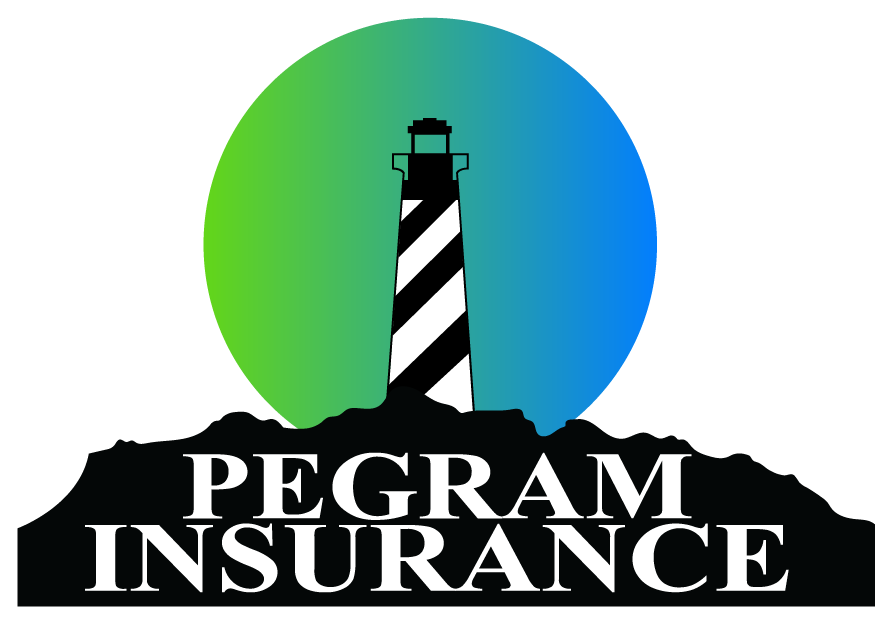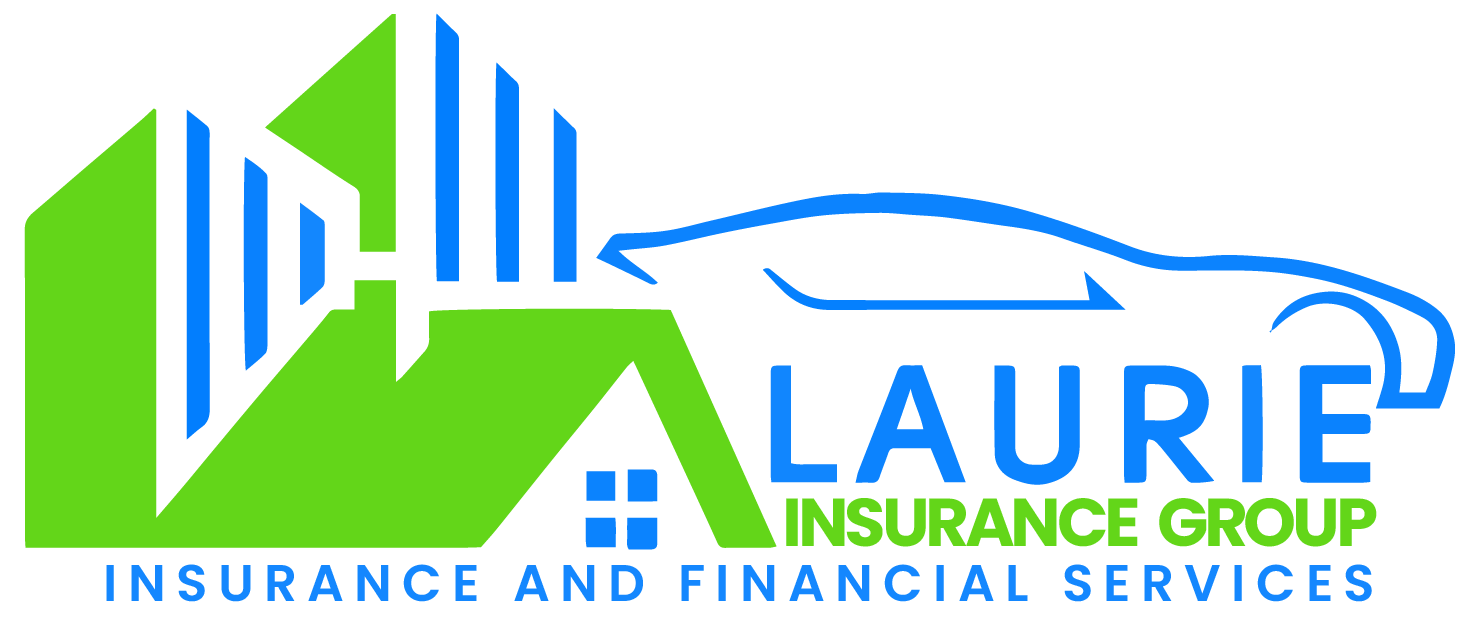
The cost of real estate has never been higher than it is now. In times of the boom, we always kick ourselves for not buying more real estate in the past. If you find yourself investing in properties to rent out then you may want to learn more about rental property insurance. It is important that you purchase the right kind of policy so that you will be properly covered in the event of a claim.
Depending on where you are in the process, the policy you need may vary. We will discuss some of the more common policy types you may need. Make sure to be up front with your agent as much as possible and share your coverage concerns to make sure you get the policy that is right for you.
VACANT PROPERTY INSURANCE
If you purchase a property that is vacant with an intent to renovate it before you rent it out, you will want to make sure you have it insured as a vacant property. The rate is higher for these types of risks but your claim can be denied if you don’t have it properly insured. The good news is many carriers can offer short term policies for these types of properties. You can do a term as short as 2 months and as long as 12 months with some carriers. If you know that you will have the renovations completed in a couple of months then you can insure it that way for shorter term and rewrite when the occupancy changes.
Builders risk policies should be chosen if you are building from the ground up or have major renovations. If you are doing minor cosmetic renovations only then you can just choose a standard vacant policy.
Keep in mind that vacant policies often have diminished coverage options so you will want to discuss any exclusions with your agent.
SHORT TERM RENTAL INSURANCE
With the advent of Airbnb, VRBO and many other companies offering short term rentals, a new hybrid sort of policy was needed. If you own a vacation home that you also rent out then you need to make sure you are covered while you are in the home and when you have it rented out. Many carriers offer endorsements to your policy that will cover both instances. You need to make sure your agent is aware so that the proper coverage can be put in place. A short term rental policy is imperative to be properly covered.
Liability is also important for these risks so max out the liability if you can so you can protect yourself from being sued. Many times you can get a liability limit up to $1,000,000.
RESIDENTIAL PROPERTY RENTAL INSURANCE
Maybe you owned a home or condo that you held onto when you purchased another primary home instead of selling it. Maybe you purposely bought a home with the intent to rent it out. A home policy for this is very common. Most of times you will see this policy form listed as DP1, DP2, or DP3. Definitions of those policy forms are listed below. The age of the property, among other reasons, may determine which policy form you may qualify for. Typically these policies will require a tenant on an annual lease.
DP1
A DP1 policy is the most basic form of a rental policy. It is also commonly referred to as a standard fire policy. These policies only cover the actual cash value as opposed to the replacement value of your property. This accounts for depreciation and will not build the property back as it stands now. The number of perils insured against is much less than the other policy forms. It covers only the perils listed which most often includes those listed below. Keep in mind that you must have the Extended Coverage endorsement added to your DP1 policy to insured against all of these perils.
Perils Covered
- Fire
- Lightning
- Explosion
- Wind
- Hail
- Riot
- Smoke
- Aircraft
- Vehicles
- Volcanic explosion
DP2
This policy form is a little more comprehensive than the DP1 form. It will cover the perils listed above for the DP1 form and also those listed below.
Additional Perils Covered
- Vandalism and malicious mischief
- Burglary
- Weight of ice or snow
- Glass
- Falling objects
- Freezing of your pipes
- Electrical Damage
- Collapse
- Water (not flood)
- Cracking or bulging
DP3
A DP3 policy is the broadest coverage of the 3 dwelling fire policy types. It will cover the actual replacement cost of your home so you can rebuild the home as it stands today. You will want to make sure you insure the dwelling for that replacement amount though. The perils covered is considered “all risk” unless specifically excluded so you don’t have to worry about being covered for certain perils unless they are specifically excluded on the policy.
COMMERCIAL PROPERTY RENTAL INSURANCE
If you own a property that will be leased out to a business then you will need to purchase what is called a lessor’s risk insurance policy. This policy picks up the exposure of a business renting your property instead of someone renting it as their residence. You can insure the property and liability on one of these policies as the owner renting it out to others.
We strongly encourage you to make it part of your lease that the tenant carry their own insurance as well. This can cover their contents as well as the liability. You will want their policy to cover any liability claim first. Don’t think you won’t be named in a suit as well as the owner of the property. Proper lessor’s risk liability insurance should be in place to at least defend you in the event of a lawsuit.
These are all just the basics on insuring your investment properties. We have specialized in insurance for rental properties for many years so feel free to call us at 704-494-9495 to discuss any specifics of your situation. We are more than happy to help.
Contact Us!
For quotes or questions, fill out the form below and one of our agents will be in touch shortly!




